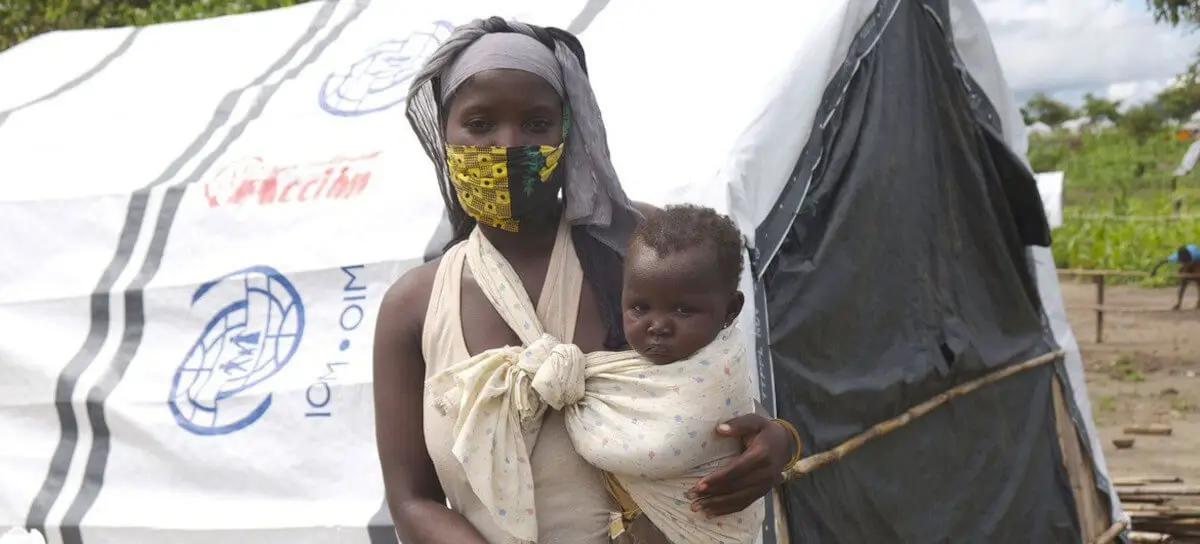UN calls for $46 billion for humanitarian assistance in 2024

The UN called on international donors to raise $46.6 billion to provide humanitarian assistance and protection to 180.5 million people through 2024.
The world body noted that by 2023, 20 per cent of children live in or have fled conflict zones; some 258 million people face acute hunger and the number of displaced people has doubled in ten years so that today, one in 73 of the world's population has been forced to flee their homes.
On top of this, disease outbreaks cause preventable deaths in every corner of the world.
In short, the UN explained in launching its appeal, armed conflict, climate emergency and collapsing economies are taking a devastating toll on the most vulnerable communities on every continent, causing catastrophic famine, mass displacement and disease outbreaks.
Support does not match needs
The coordinator of the Office for Humanitarian Affairs (OCHA) said relief workers "save lives, fight hunger, protect children, help control epidemics and provide shelter and sanitation in many of the world's most inhumane contexts".
However, Martin Griffiths lamented, "support from the international community is not keeping pace with the need.
On behalf of more than 1,900 humanitarian partners, Griffiths welcomed the $20 billion provided so far this year by the donor community, but said that this is only a third of what is needed.
Lack of aid will be paid for with life
The deputy secretary general warned that if more aid is not delivered to people in need by 2024, "people will pay for it with their lives".
This year, 128 million people have received life-saving assistance, a number that falls short of the two-thirds of the needy population OCHA planned to assist in 2023. Lack of funding forced projections to be cut, leaving millions of people living in extreme situations without life-saving assistance.
Tragic consequences
The UN detailed the tragic consequences of this lack of assistance, citing the cases of Afghanistan, where ten million people were left without food assistance between May and November; or Myanmar, with more than half a million people living in deplorable living conditions without assistance.
Yemen is another country that suffered from insufficient relief and where more than 80 per cent of those in need have no water or sanitation. Meanwhile, in Nigeria, only 2 per cent of women in need of sexual and reproductive health and gender-based violence prevention services received them.
Declining targets
By 2024, humanitarian agencies aim to reach 181 million people in 72 countries, down from a target of 245 million in 2023.
According to OCHA, this adjustment is not because there is less need in the world, but simply to take a more realistic approach and focus on the most pressing needs. The request for funds was also reduced compared to last year, from $56.7 billion to $46.6 billion.
Despite the decrease, OCHA stressed that the ambition to reach all people in need has not changed and urged donors to fund all response plans as a matter of urgency.
Following today's humanitarian appeal, three high-level fundraising events will be held: one in Doha, Qatar; one in Geneva, Switzerland; and the third in Addis Ababa, Ethiopia.








